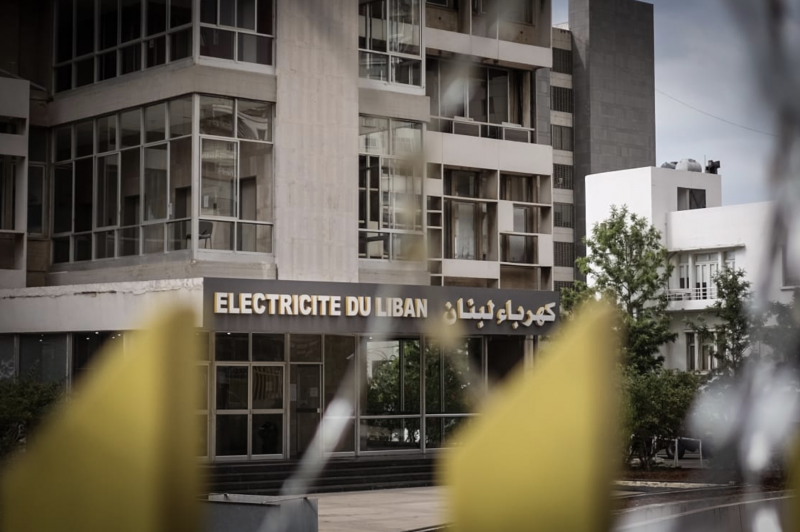
Increased power outages are affecting residents countrywide as Électricité du Liban rations power amid fuel shortages. (Credit: João Sousa/L'Orient Today)
Want to get the Morning Brief by email? Click here to sign up.
Poor weather and late payments have hindered the restoration of Lebanon’s already-beleaguered power supply, according to the state-run electricity company. Électricité du Liban said that two tankers laden with fuel for power plants were unable to unload their cargo due to the weather. A third tanker carrying fuel oil for use in two Turkish power barges is anchored off the Lebanese coast as it waits for a letter of credit from the government to pay for the fuel. Residents nationwide have suffered increased power cuts over the past week as EDL has rationed electricity amid the fuel shortages. With no fuel supplier found to replace the Algerian firm formerly contracted by the state, Lebanon has turned to purchasing fuel from the spot market, a pricey option for a country facing financial collapse.
The World Bank, which is helping finance Lebanon’s COVID-19 vaccination program, has given the Health Ministry until Thursday to disclose details on its inoculation efforts. The World Bank’s point-person for the Middle East told L’Orient Today that “going forward, we are requesting disclosures on each vaccination center and the schedule of the mobile clinic.” The move comes after a scandal erupted last week over the inoculation of a dozen MPs at the Parliament by a Health Ministry mobile team, an apparent violation of the national program that might jeopardize World Bank funding. Meanwhile, China’s envoy to Lebanon announced yesterday that his country would donate 50,000 doses of its Sinopharm vaccine, the same day the Health Ministry’s committee authorized its use in the country.
After nearly two months of lockdown, shops and malls reopened their doors to customers yesterday, as COVID-19 cases continued to creep upward. The president of the Saida traders’ association told our sister publication L’Orient-Le Jour that the reopening was a “breath of fresh air” that would allow shopkeepers and their families to “live a decent life.” Under the new coronavirus measures, employers are expected to finance regular COVID-19 tests for their workers, a system that was reported to have caused confusion on its first day. On Monday, the Health Ministry announced that 1,888 new cases of the virus had been detected, with cases rising in every region, while 51 people had died, bringing the total death toll to 4,743.
The Military Tribunal released three civilians facing draconian charges related to their alleged involvement in January protests in Tripoli. Along with 33 others, they are facing charges of theft, arson, protesting without permission and terrorism — which carries a maximum penalty of death — a defense attorney for one of the freed defendants said. Sixteen people, including a minor, remain in detention, Ayman Raad told L’Orient Today. Demonstrators have gathered near-daily outside the secretive court to protest its prosecution. Human Rights Watch has previously condemned the practice of trying civilians, such as these protesters, in military courts.
Families of the victims of the Beirut port explosion have given the lead investigator probing the crime a three-week deadline to deliver preliminary results. Ibrahim Hoteit, who lost his brother in the Aug. 4 blast and often speaks on behalf of the families, said Monday that they “will not allow what happened with Fadi Sawwan to repeat itself” and rejected any political interference in investigations. Tarek Bitar was appointed as the lead judge in the case on Feb. 19 after Sawwan was controversially removed from the post. Hoteit also decried the failure of the state to provide families with benefits such as health and education coverage, which they are entitled to according to a law passed in December.
The Lebanese Army has so far distributed about LL133 billion to families affected by the Beirut port explosion, a spokesperson told L’Orient Today. The sum has been handed out to some 17,107 households as compensation for damages in the neighborhoods worst affected by the blast, the spokesperson said Monday. So far, the army has received LL150 billion (around $15.4 million dollars at the market exchange rate of LL9,750 to the dollar) out of a total of LL1.5 trillion pledged by the Lebanese government. The World Bank has estimated that the total damage to infrastructure and physical assets caused by the blast could reach $4.6 billion dollars.